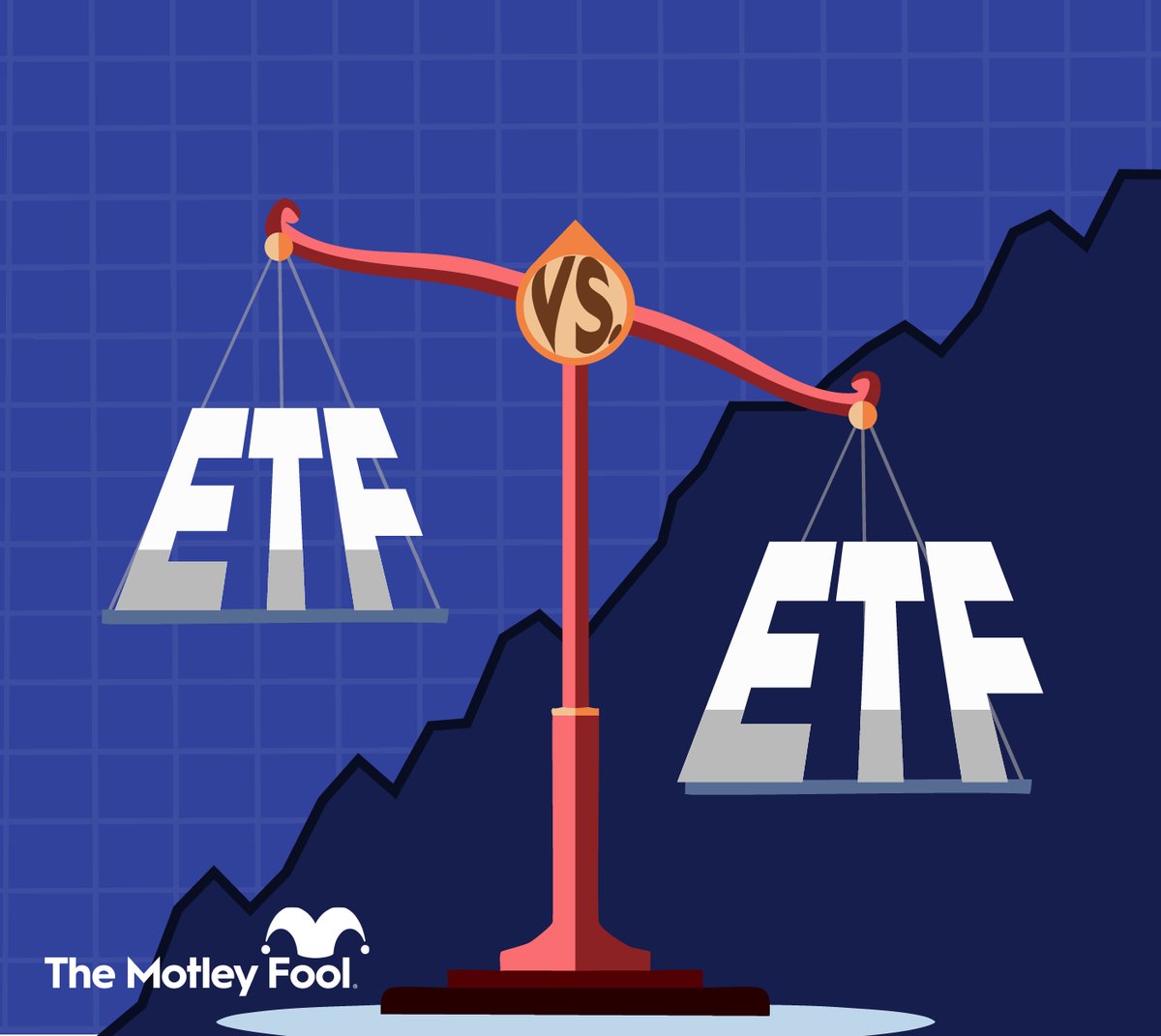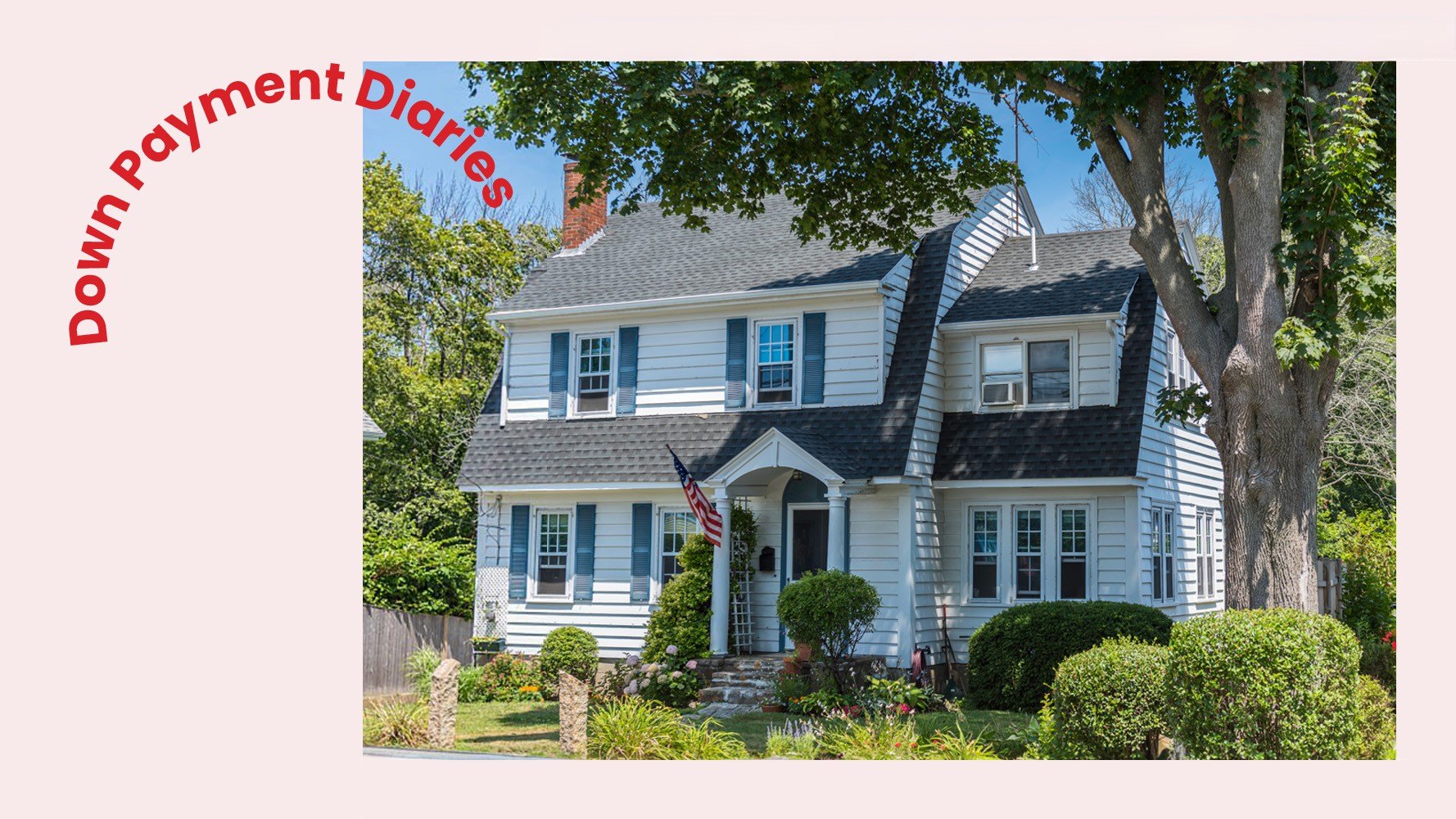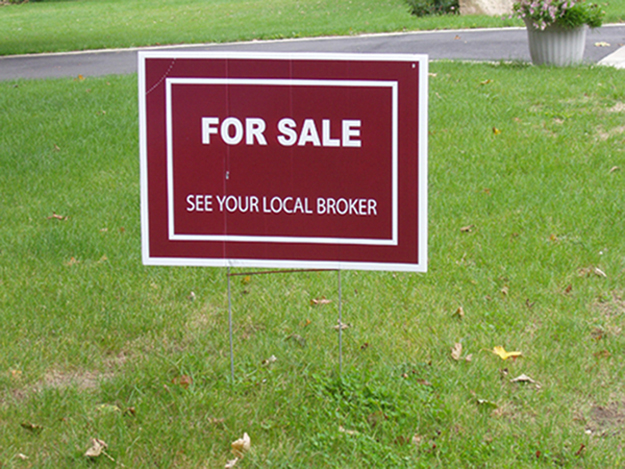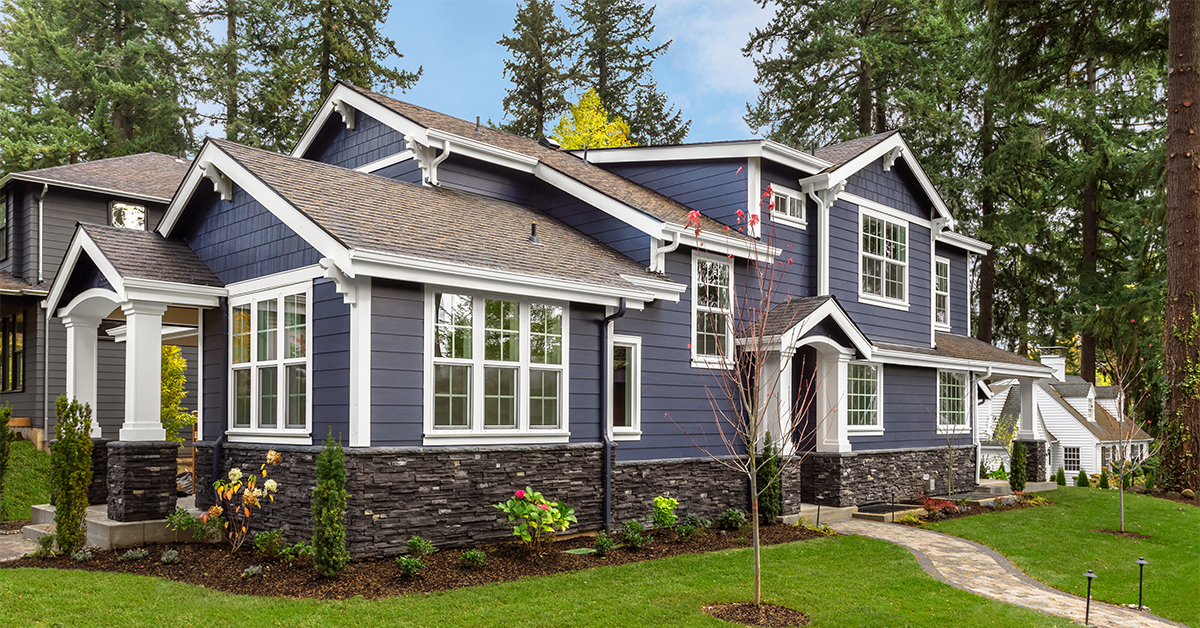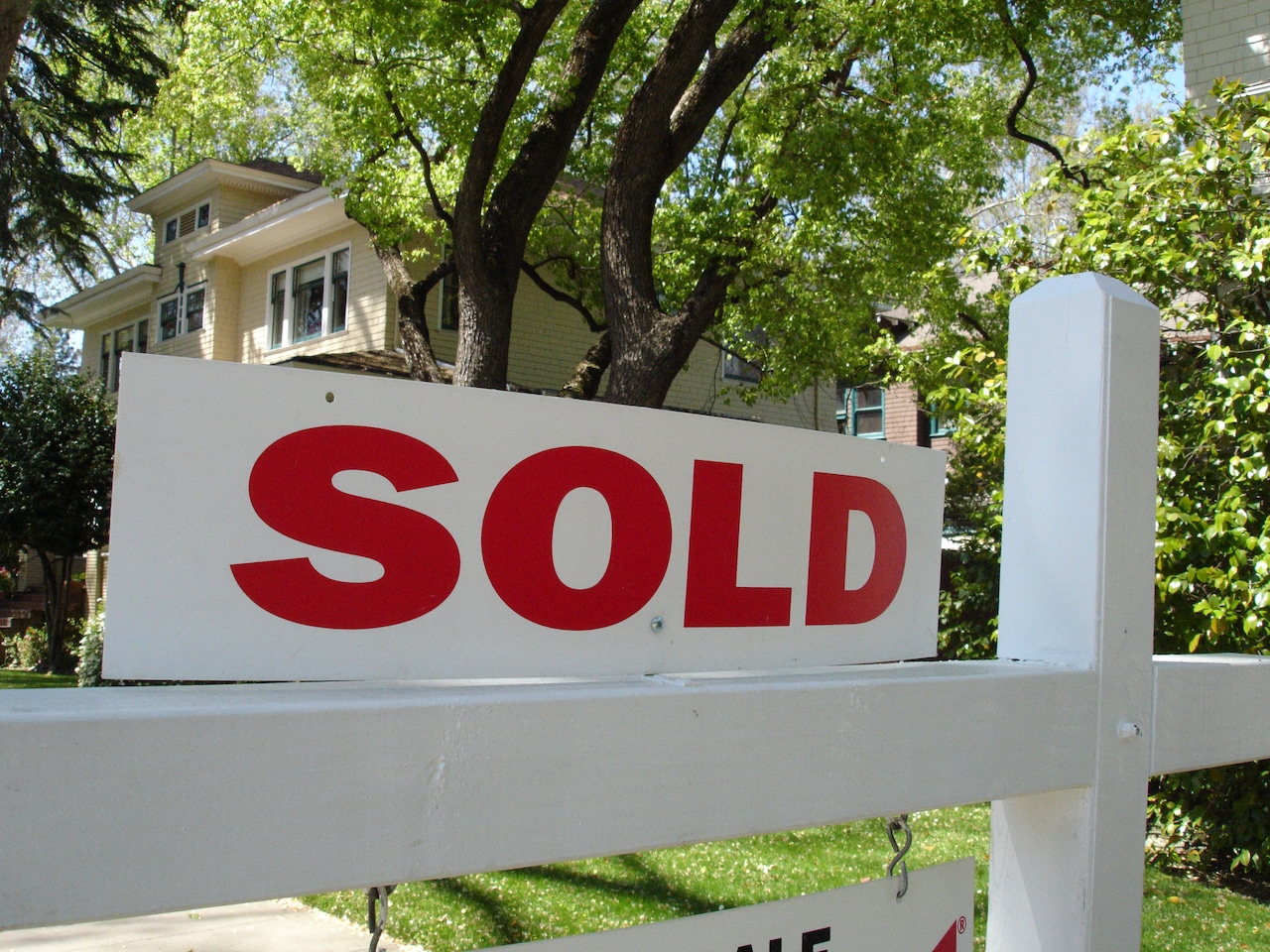B
ally's, a Rhode Island-based gambling firm, is seeking a significant property tax reduction to support its $1.7 billion Chicago River casino and hotel project. The company wants a 12-year tax incentive that would lower its property tax assessment from 25% of market value to 10%, matching the rate for residential real estate, for the first decade. This would gradually increase back up to the regular commercial rate over time.
The proposal, introduced by Alderman Gilbert Villegas, faces scrutiny from the City Council, with some members skeptical about granting the incentive. Critics argue it would shift the tax burden onto residents, while Bally's anticipates an $18 million annual tax bill under the reduced rate. However, without the incentive, the development could help ease the property tax burden on homeowners and other landlords.
Bally's argues that the incentive is crucial to unlocking the long-term benefits of the casino, which is projected to generate $200 million annually in gaming taxes for Chicago. The company also points to its commitment to minority and women-owned partnerships and an initial $40 million payment to the city's police and fire pensions as bolstering its case.
Supporters of the tax break assert that incentives are standard for major developments, attracting investment and spurring economic growth. A rejection could deter future billion-dollar investments in Chicago, Bally's warns. The decision ultimately rests with Mayor Brandon Johnson and the City Council.

